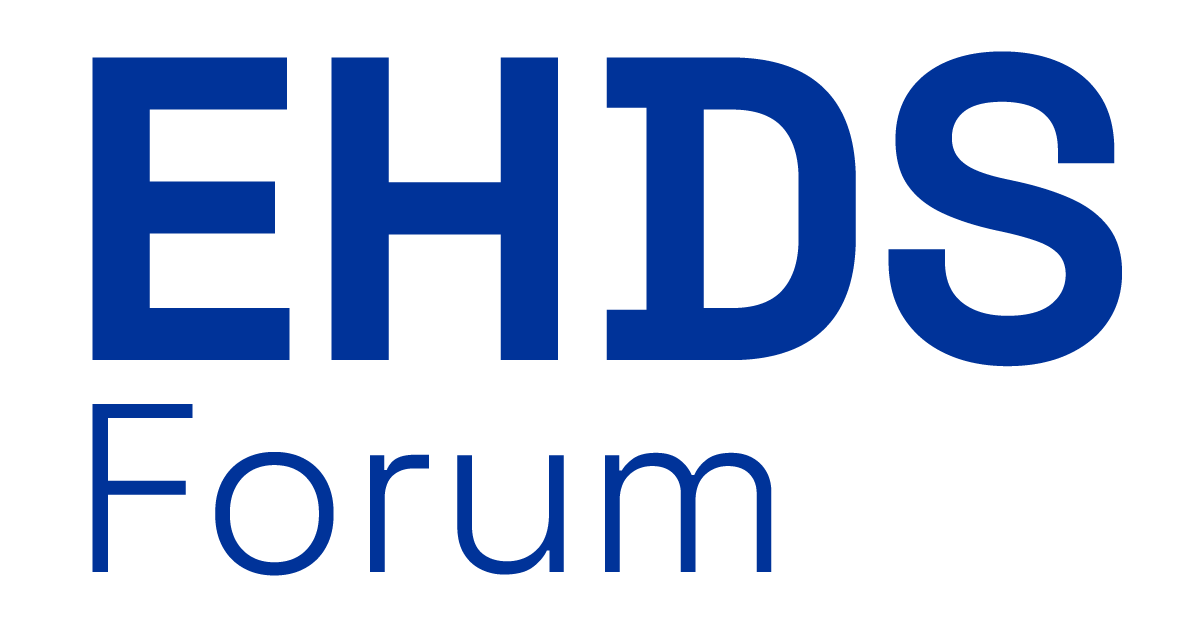EHDS Forum Organisers
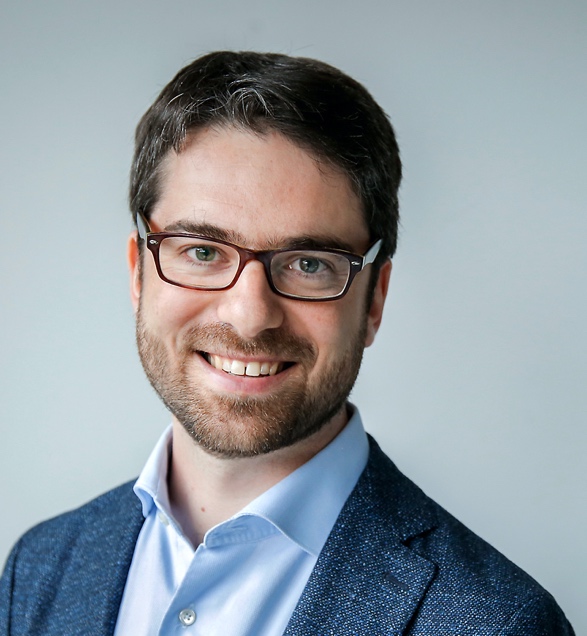
Luca Marelli is assistant professor in Ethics and Governance of Health Research at the Department of Medical Biotechnology and Translational Medicine, University of Milan (webpage), and a research associate with the Life Sciences & Society Lab at KU Leuven. He pursues interdisciplinary research at the intersection of Science & Technology Studies (STS), health policy, research ethics, and health data governance. He focuses on the EHDS’ opportunities and challenges for health research, and how this Regulation – and EU (health) data politics more broadly – drives the co-production of novel techno-legal and socio-political orders in the European context.
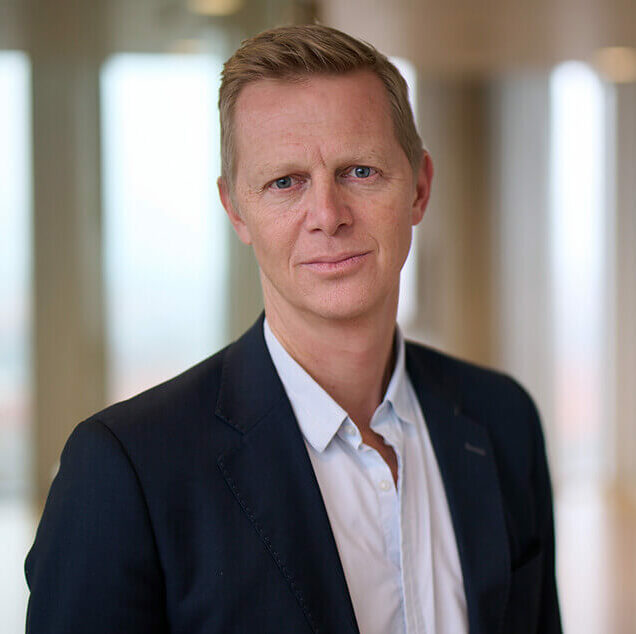
Klaus Hoeyer is professor of Medical Science and Technology Studies at the Centre for Medical Science and Technology Studies, University of Copenhagen (webpage). His research focuses on the links between policy, practice and experience in relations to medical research and clinical practice. He is the PI of a project called DataSpace identifying drivers for and implications of cross-border health data infrastructures and is interested in how EHDS will affect the health services.
EHDS Forum Members
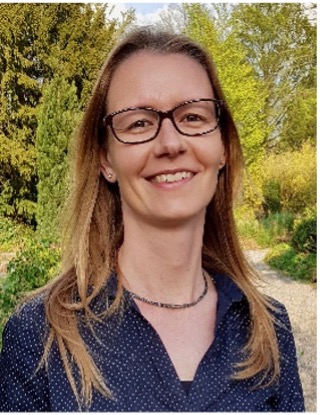
Sara Green is associate professor of Philosophy of Science at the Section for History and Philosophy of Science, University of Copenhagen (webpage). She is part of the DataSpace project and her research interests center on the implications of using health data as evidence across different contexts. Sara is particularly interested in the epistemic and social implications of reformatting data standards to facilitate cross-border comparisons and reuse of health data for research, innovation, and administration.
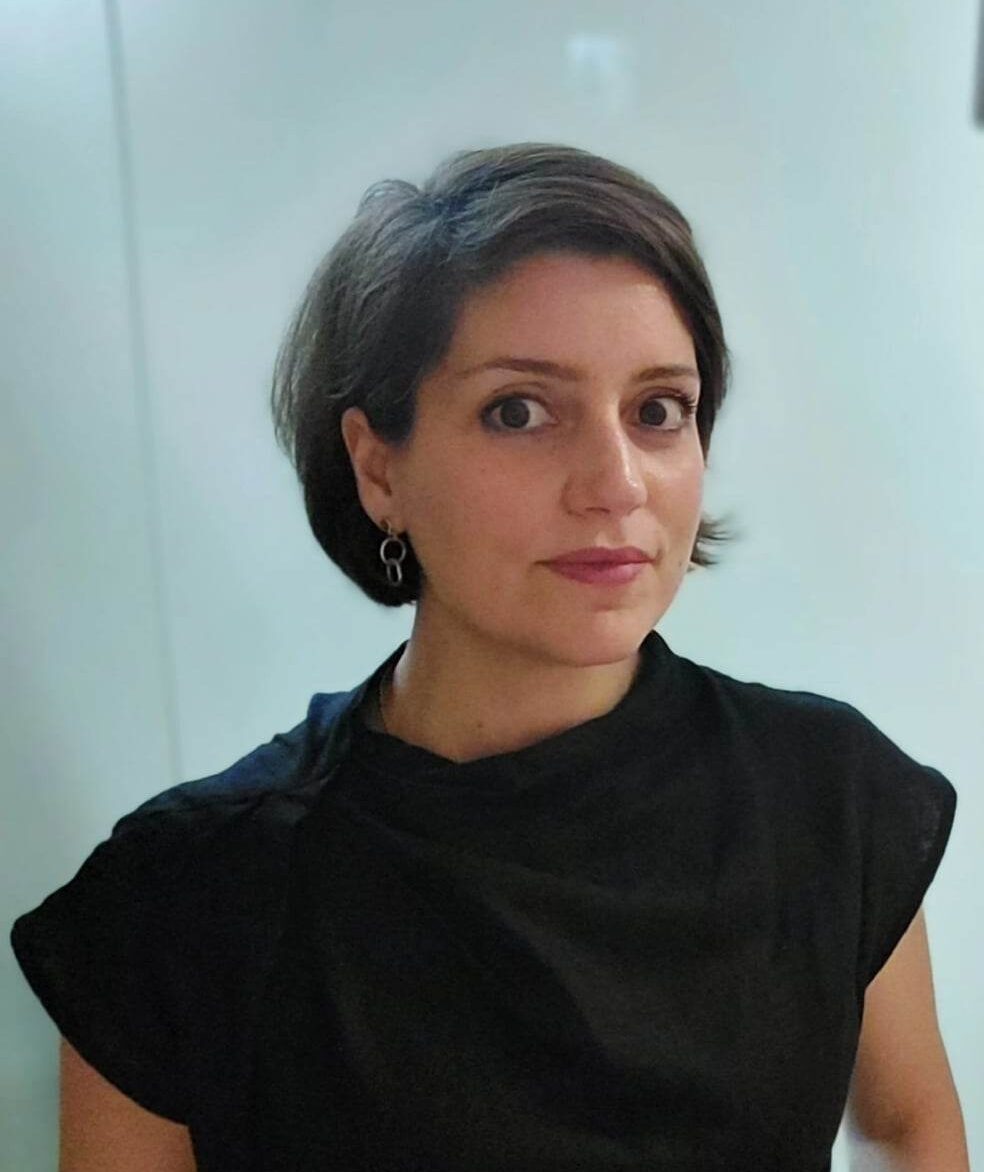
Natalia-Rozalia Avlona is a postdoctoral fellow at the Centre for Medical Science and Technology Studies, University of Copenhagen. Her research in the DataSpace project focuses on the legal and infrastructural implications of the European Health Data Space. Natalia, trained initially as a lawyer, holds a Master’s degree in Human Rights Law (LLM) from King’s College London and recently graduated from the Computer Science Department of Copenhagen University. Her PhD research focused on notions of data quality in developing medical AI systems as a matter of compliance and the labor of domain expertise. Previously, she worked on digital commons, open-technologies governance, and gender issues in policy organizations and European programs.
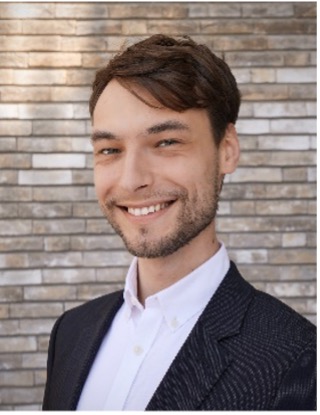
Jonas Neubert is a PhD fellow at the Centre for Medical Science and Technology Studies (MeST), University of Copenhagen. As part of the DataSpace project, he investigates patient mobility within the European Union through the lens of cross-border (electronic) prescriptions. The primary focus is on patients’ lived experiences—examining to what extent health-data infrastructures can lead to meaningful changes in patient care. He is interested in the EHDS as a context for cross-border pharmaceutical consumption.
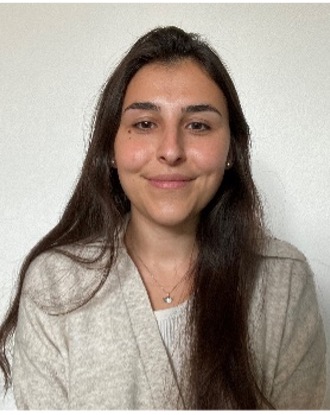
Miriam El-Mahdi is a PhD fellow at the Centre for Medical Science and Technology Studies (MeST), at the University of Copenhagen. Within the DataSpace project, she focuses on private enactments of data infrastructures. More specifically, she explores how commercial companies as well as non-profit organizations approach cross-border data sharing and utilization of data across borders for different purposes such as research and development, innovation, planning and advocacy. She is interested in how EHDS is framed as a business opportunity.
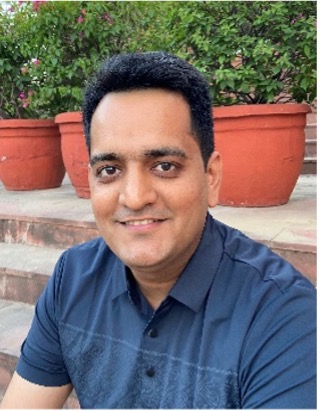
Srijan Butola is a PhD fellow at the Section for History and Philosophy of Science, University of Copenhagen. As part of the DataSpace project, he researches the establishment of cross-border data architectures focusing the creation of interoperability and identifiers. Srijan’s previous research at the University of Delhi provides the conceptual backdrop for his current study. There, he worked towards conceptualizing ‘data’ within a contemporary context and how big data architectures, such as India’s biometrics-based ID system (Aadhaar), reinvent socio-political relations, and he is interested in how EHDS and Aadhaar compare.
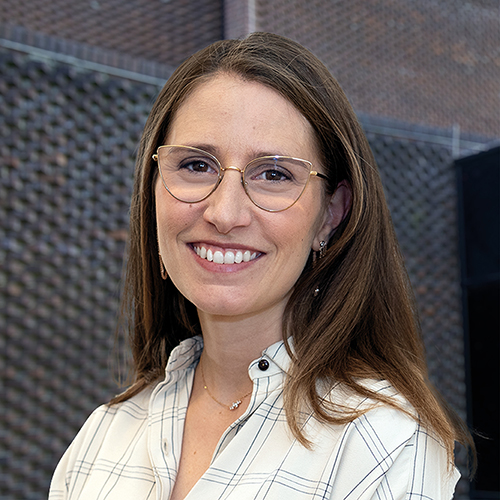
Clémence Pinel is a Research fellow whose work focuses on knowledge production and valuation practices in the life sciences with a specific interest in data-intensive research. In 2023, she was awarded a Branco Weiss fellowship to conduct a five-year research project investigating the ethics and politics of ‘real-world data’. She is an affiliated member of the DataSpace project, University of Copenhagen, specifically interested in exploring how cross-border data infrastructures like the EHDS play out in valuation processes within the global economy of health data.
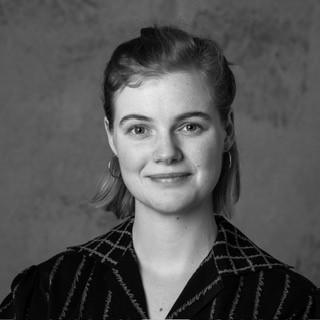
Lea Skovgaard is an assistant professor at the Centre for Medical Science and Technology Studies, University of Copenhagen. Her research focuses on public legitimacy in health data economies and in the development of ATMPs (Advanced Therapy Medicinal Products). In her PhD she employed qualitative and quantitative methods to research public legitimacy of health data sourcing, especially as it is enacted in relation to personalized medicine. She is currently part of the Novo Nordisk Foundation Center for Stem Cell Medicine (reNEW) where she works on a project about public legitimacy of drug development.
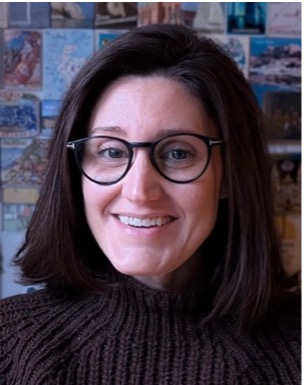
Olivia Spalletta is a postdoctoral researcher at the Section for History and Philosophy of Science at Department of Science Education, University of Copenhagen. Her work explores the role of data, uncertainty, and care arrangements in the governance of health and disease in welfare states. Her background is in anthropology, cultural production, and disability studies, and her research is grounded in ethnographic fieldwork and analysis of empirical material
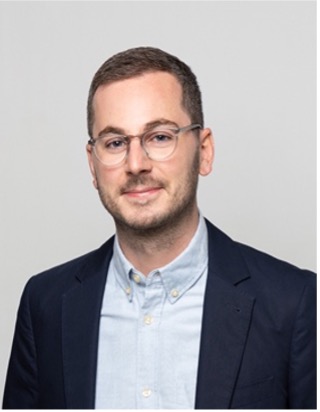
Joseph Donia is postdoctoral fellow at the University of Milan, and Associate Fellow at the Institute for Technoscience and Society at York University, Canada. He completed his graduate training at the University of Toronto, Canada. Drawing on perspectives from Science and Technology Studies (STS) his research focuses on the politics of data-intensive health innovation. He is particularly interested in comparative dimensions of data sharing and valuation within and across jurisdictions, and the different health-related futures they work to produce.

Benedetta Muda is a PhD student at the Department of Medical Biotechnology and Translational Medicine, University of Milan. Her work is part of the NeuroCOV consortium, which addresses neurological and neuropsychiatric long-term complications associated with COVID-19. In particular, she focuses on brain organoids disease modelling and omics analysis as a vantage point to explore the ethics and governance of data-intensive biomedical research

Aaro Tupasela works as a senior researcher at the Faculty of Social Science, University of Helsinki. His research interests revolve around medical science and technology studies (STS) and critical data studies. For the past 20 years, he has explored different perspectives surrounding the biomedical collection and use of human tissue collections, as well as health-related data. Most recently, he has studied everyday practices in the development and implementation of AI systems in health care and public services, as well as the governance of secondary use of welfare and social data.
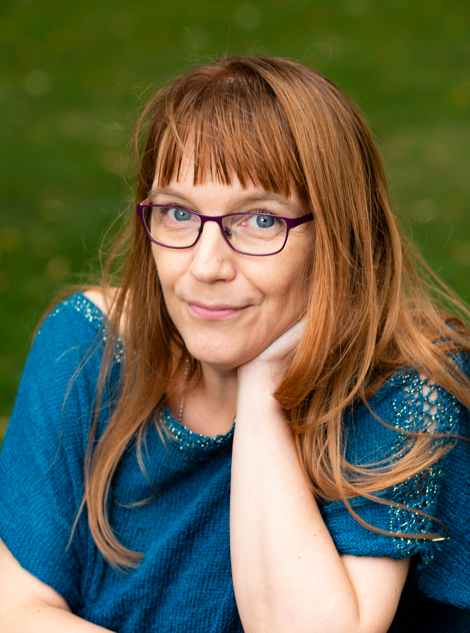
Karoliina Snell works as a programme director at the Faculty of Social Sciences, University of Helsinki. She has studied biobanks, genomics, personalised medicine and health data from the perspectives of policy and governance as well as public understanding and engagement in science. Her current research focuses on data literacy and digital public services and infrastructures. She is also actively involved in research ethics discussions in social sciences, biomedicine, clinical trials, and artificial intelligence.
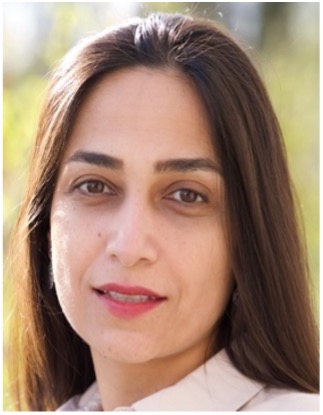
Mahsa Shabani is an associate professor in health privacy law at the University of Amsterdam and Ghent University. Her research interests revolve around topics of health privacy, data sharing, biomedical research policy, data ethics, and ELSI genomics. She is a collaborator and ethics/regulatory advisor to various European and international projects with a focus on genomic and health data sharing

Andrea Martani is a Postdoctoral researcher at the Institute for Biomedical Ethics (University of Basel). He has a background both in normative legal research, and also empirical (esp. qualitative) studies. His expertise is in the analysis of how legal rules and policies in the biomedical field are designed and justified by lawmakers. He applied this expertise to investigate how health-data policies have been evolving both in Switzerland and at the EU level.
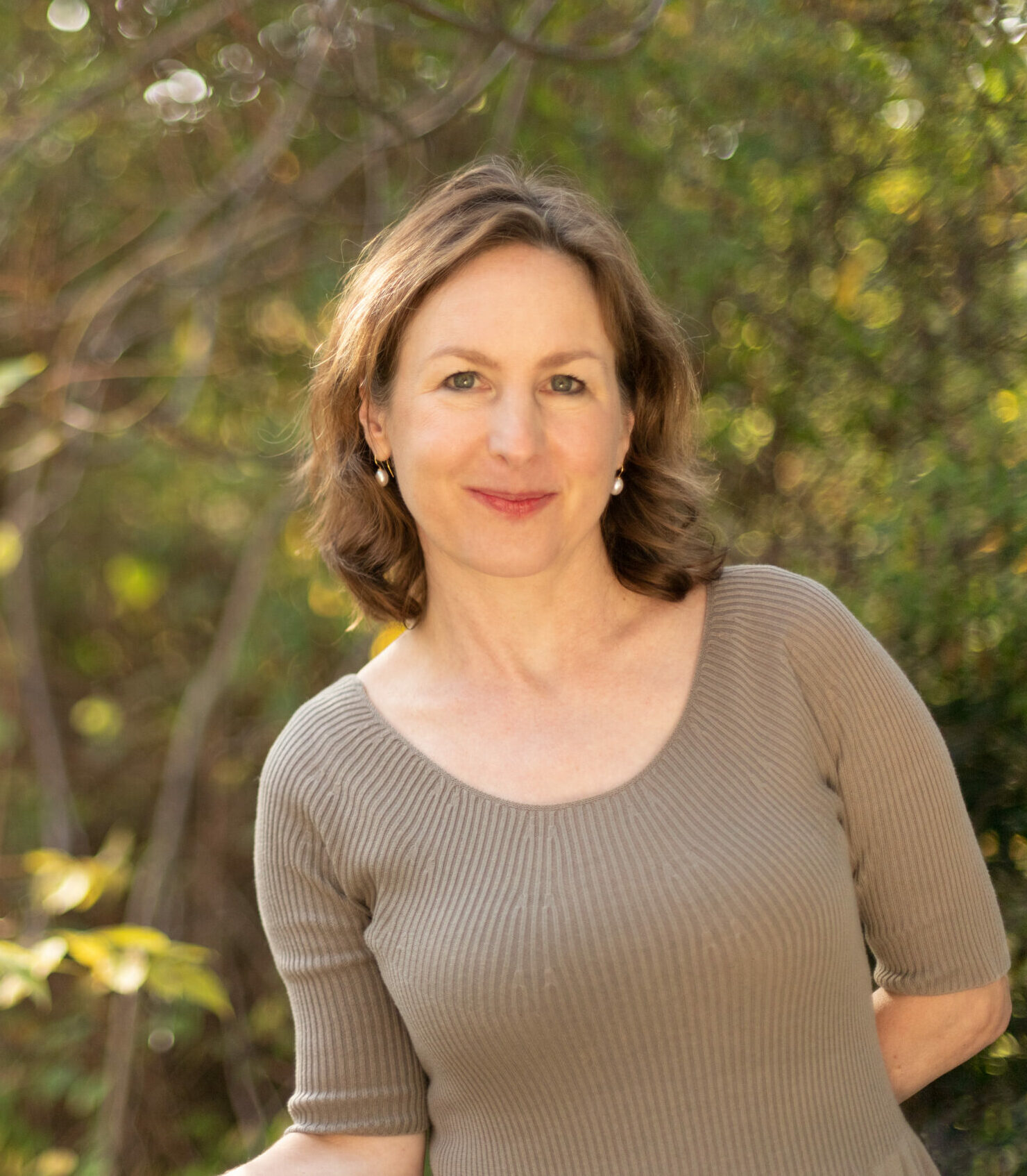
Barbara Prainsack is a professor at the Department of Political Science at the University of Vienna, where she also directs the Centre for the Study of Contemporary Solidarity (CeSCoS). Her work explores the social, ethical, and regulatory dimensions of data-driven practices in biomedicine and the biosciences, as well as practices and institutions of solidarity in medicine and beyond. Her new monograph on States of Solidarity: How to save a world in peril is under contract with Oxford University Press. Barbara is also involved in policy-related work, e.g., as Chair of the European Group on Ethics in Science and New Technologies, which advises the European Commission.
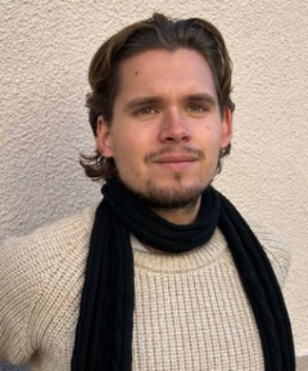
Anders Korsgaard is a Ph.D. candidate at the doctoral program of the Department of History and Philosophy of Science at the National and Kapodistrian University of Athens. In his doctoral research, drawing on perspectives from Science and Technology Studies (STS), he has set out to develop a deeper and more comprehensive understanding of the political promises associated with the European Health Data Space policy agenda. In particular, he focuses on how promises mobilize action, how the object of governance that the Regulation calls into being gets translated into rearrangements being made and actions being taken for the promises to be realized, and whether the promises of the EHDS take on local forms reflecting particular values and ways of thinking.
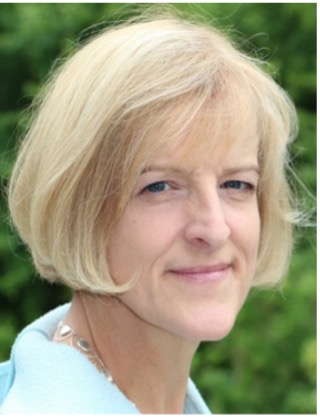
Gesine Richter is a research associate at the Institute of Experimental Medicine – Section of Medical Ethics at Kiel University. Her work explores the social, regulatory and ethical dimensions of biomedicine, focusing on consenting to secondary data use for research purposes. In focus is the question of how sufficient knowledge can be acquired among a population to enable self-determined, informed behaviour even with a system of opt-out. Only with sufficient basic knowledge (health data literacy) can a population absorb and process information and act accordingly.
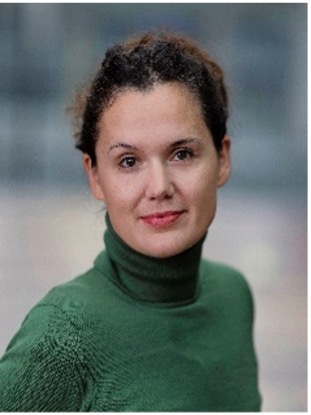
Heidrun Åm is a professor in Sociology at the Department of Sociology and Political Sciences, Norwegian University of Science and Technology (NTNU) in Trondheim. She has studied the governance of emerging technologies, and her research is situated at the intersection of Policy Studies and Science and Technology Studies. Regarding health data, she explores data governance in Norway, and she is particularly interested in expectations of value creation and imaginations of collective returns.
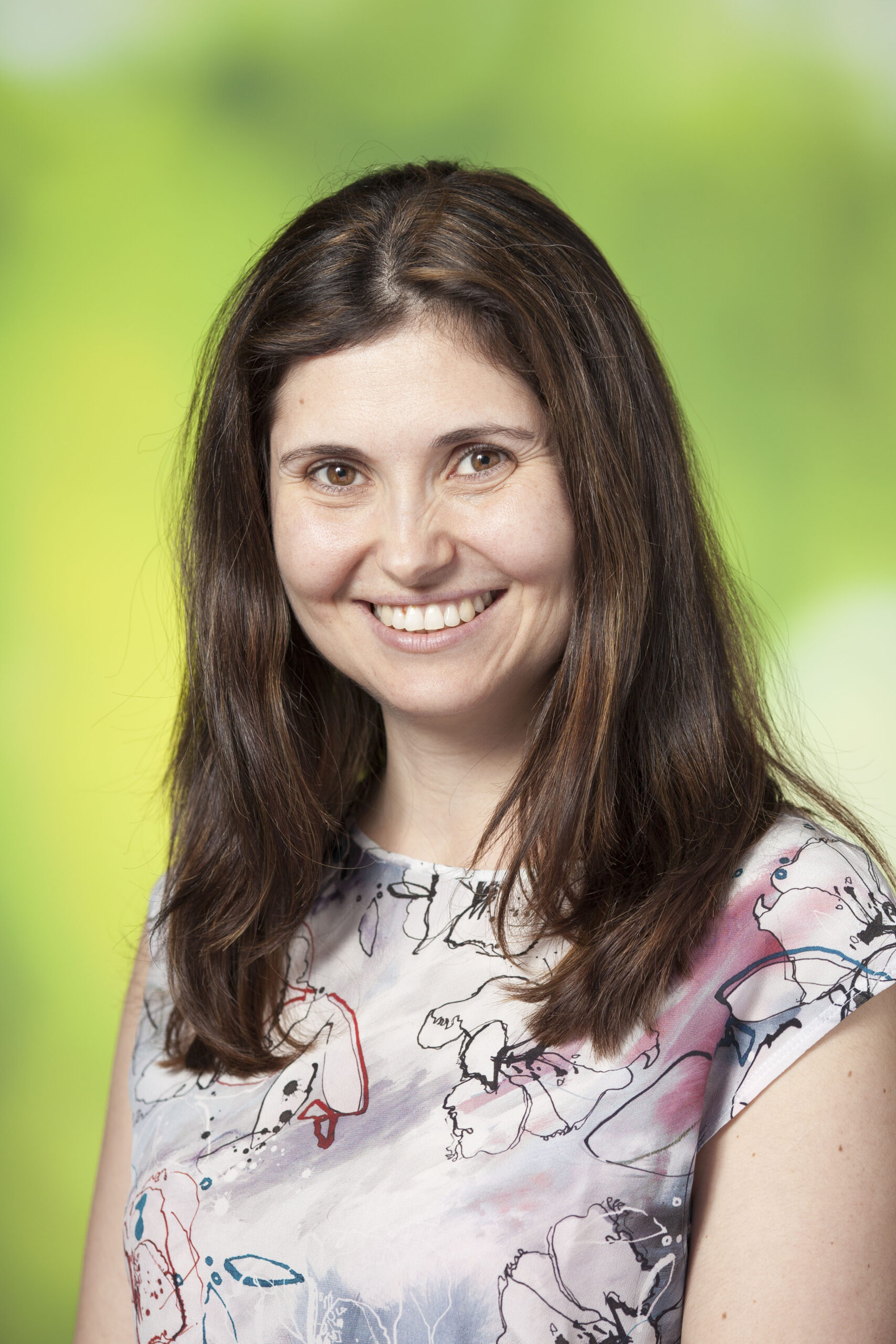
Prof. Dr. Eleni Kosta is full Professor of Technology Law and Human Rights at the Tilburg Institute for Law, Technology and Society (TILT, Tilburg University, the Netherlands). Eleni is conducting research on human rights and technology, specilising on privacy and data protection, as well as on artificial intelligence and engages with a borad range of issues in the context of law an technology, such as eEvidence, Anti-Money Laundering/Counter Financing of terrorism etc. She recently co-edited with Franziska Boem a Commentary on the Law Enforcement Directive (2016/680) published by OUP. She has been involved in numerous EU research projects. In 2014 Eleni was awarded a personal research grant for research on privacy and surveillance by the Dutch Research Organisation (VENI/NWO). She is a member of KYSATS, the Cyprus for the recognition of higher education qualifications. Eleni also collaborates as associate with timelex (www.timelex.eu).
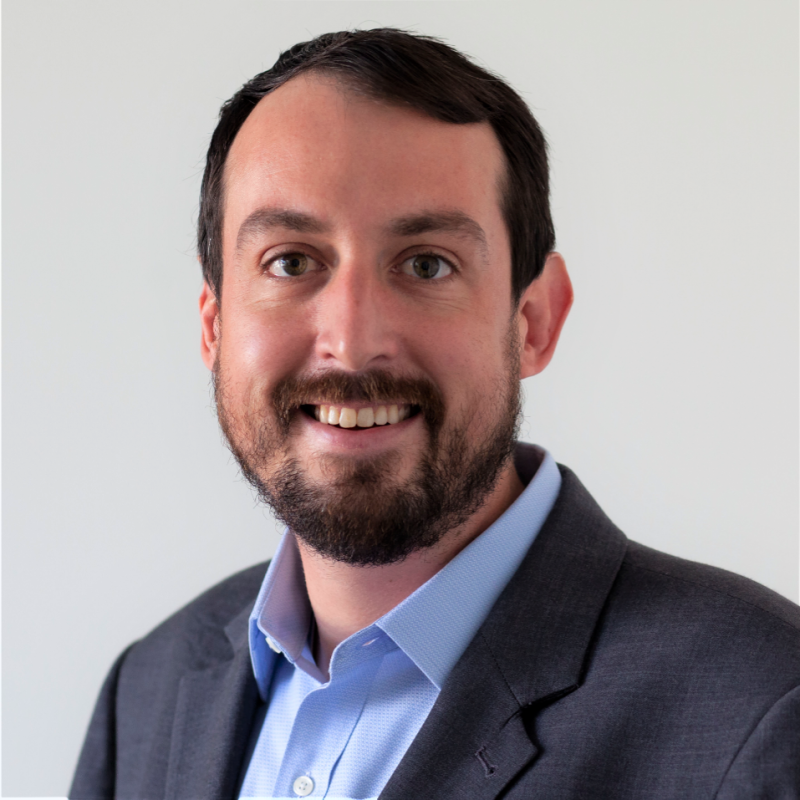
Dr. James W. Hazel is a senior researcher at the Law Centre for Health and Life at the Amsterdam Law School. His research explores the flow of genetic and other sensitive personal data within healthcare, research, and consumer ecosystems, with a recent focus on emerging artificial intelligence applications. He is broadly interested in the intersection of health and the law, exploring how established data-sharing policies and frameworks can responsibly adapt to technological advancements.
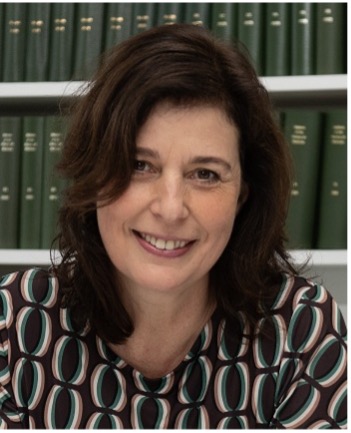
Silke Schicktanz is a Professor of Ethical and Cultural Studies in Biomedicine at the University of Göttingen Medical School in Germany. Her work explores the ethical implications of socio-technological innovations in health care, particularly taking into account empirical findings on the experiences or moral attitudes of patients or other stakeholders. She is also interested in cross-cultural comparisons of bioethics to understand the local and cultural framing of ethical discourses. She is interested in how EHDS relates to AI regulation/ethics and explores the dimension of collective responsibility with regard to data sharing.
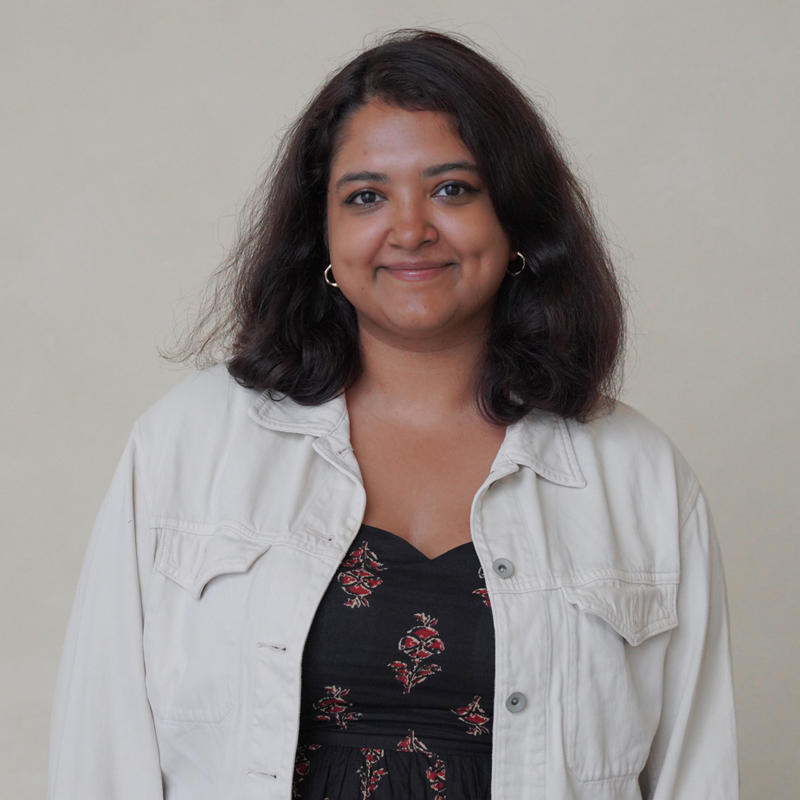
Anamika Kundu is a PhD Researcher at the Law Department, European University Institute, Italy. Her current research is on the socio-legal implications of the European Health Data Space regulation. She is looking at how the new law envisions power relations of healthcare actors, and what the broader framework means for agency, public interest, and data quality.
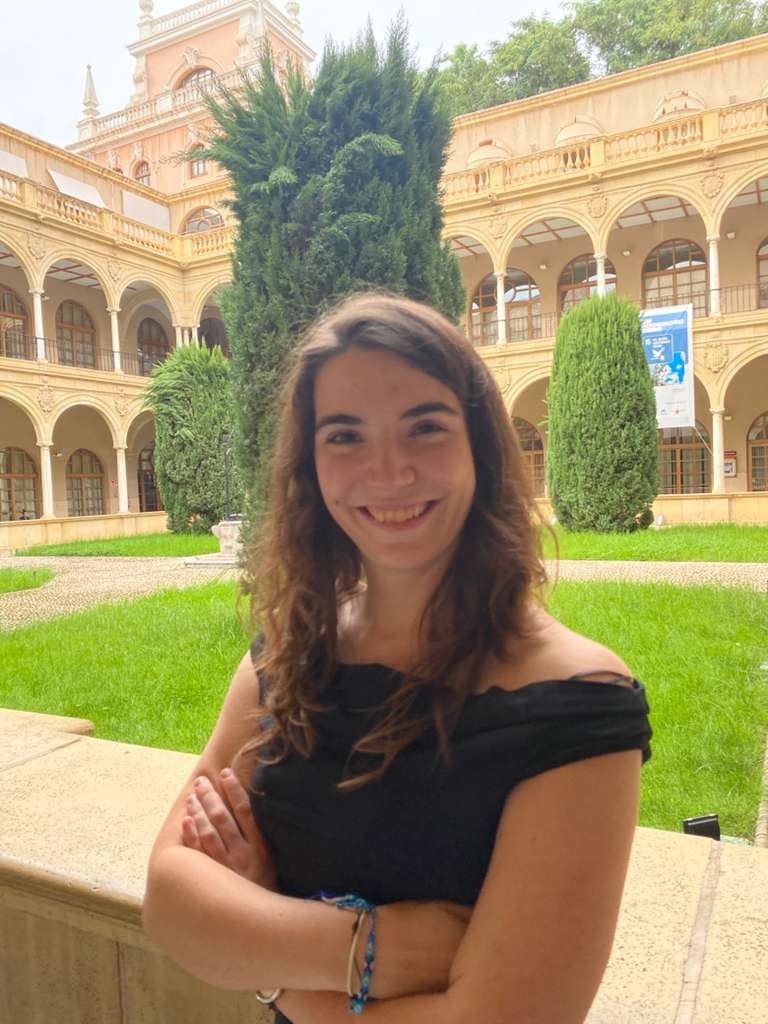
Laura Centeno Casado is a PhD fellow at the Institute of Philosophy of the Spanish Research Council (CSIC) in the applied ethics research group, developing her PhD thesis on The Implementation of the European Health Data Space: A Study on Health Data Governance Models Applied to Rare Diseases from a Legal and Ethical Perspective. She is also part of the PhD programme in Biolaw, Bioethics and Human Rights at the University of Murcia and the Associated Unit CSIC University of Murcia (Biolaw, Ethics, Health and Organisations). Furthermore, she is part of the CSIC Rare Diseases Network (RER CSIC), in the Society area, where she studies the impact on actors affected by the implementation of the European Health Data Space, including patients, researchers and healthcare professionals, among others.
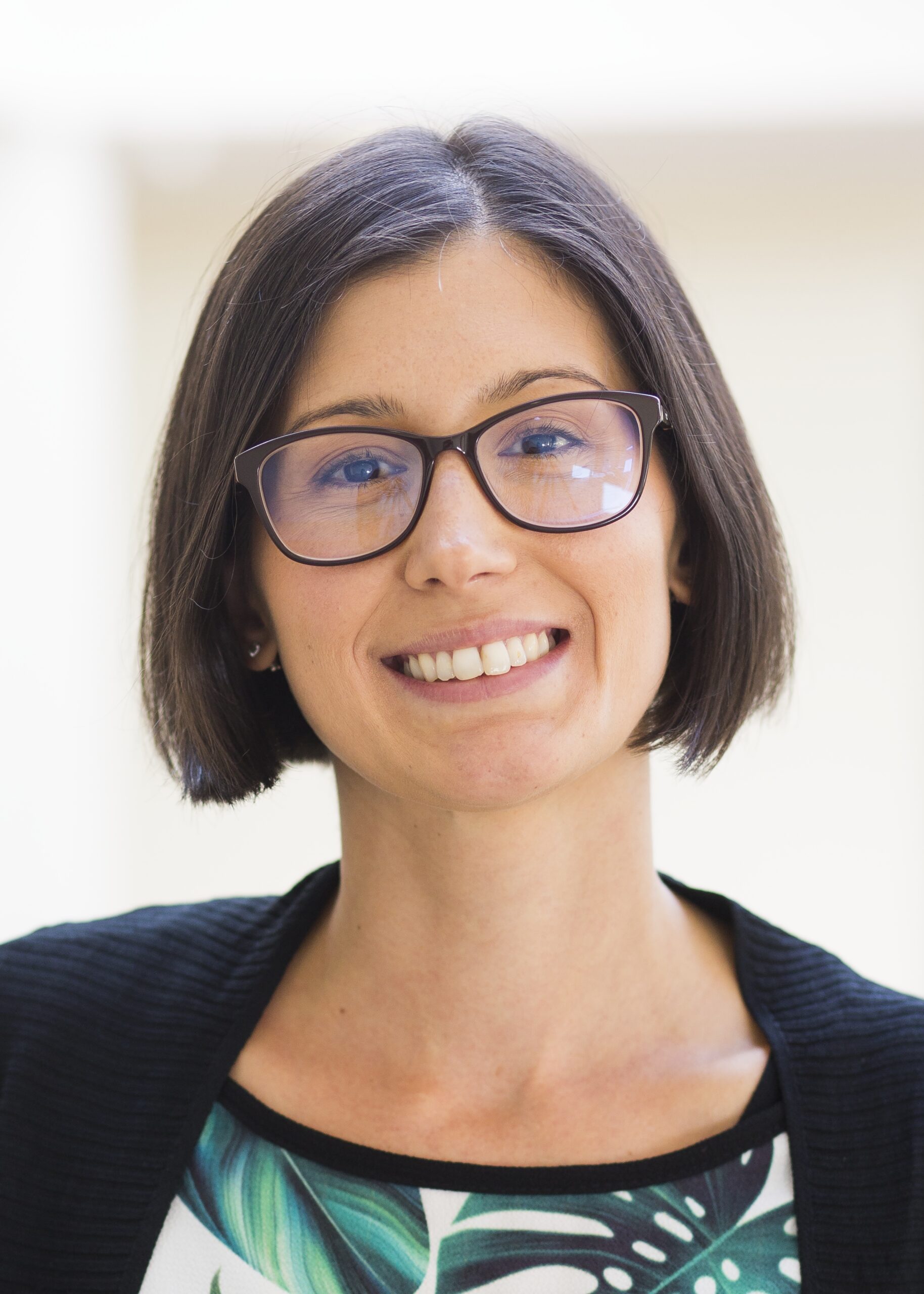
Dr Sara Degli-Esposti is Research Scientist in Ethics of Artificial Intelligence at the Institute of Philosophy of the Spanish Research Council (CSIC). Her research focuses on ethical dilemmas emerging from the monetisation of personal data, and people’s vulnerabilities to manipulation mediated by digital platforms and associated mitigation strategies (governance mechanisms, privacy-preserving technologies, legal instruments, etc.).
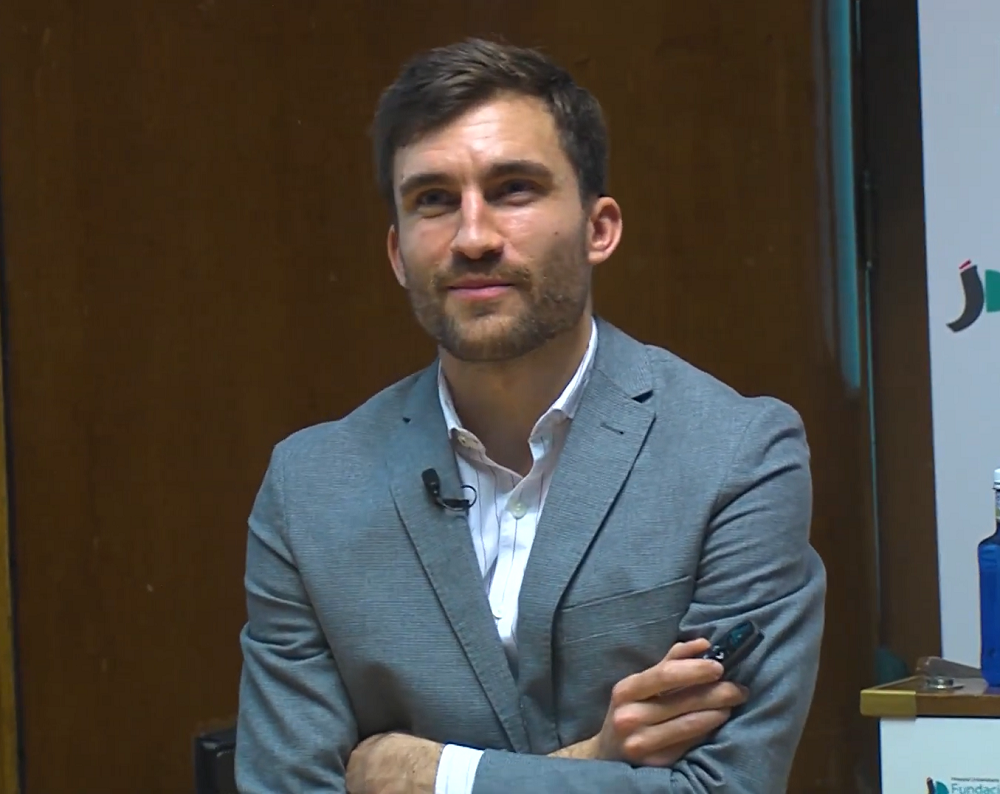
Guillermo Lazcoz is a Postdoctoral researcher at the CIBER of Rare Diseases (CIBERER/CEDEM) and a member of the Research Ethics Committee of the Instituto de Salud Carlos III (ISCIII). PhD in Human Rights, Public Authorities and the European Union: Public and Private Law, University of the Basque Country (UPV/EHU). His research focuses on Biolaw, and he is currently working on data protection for genetic data sharing and other areas of biomedical research in the IMPaCT-Genomica programme.
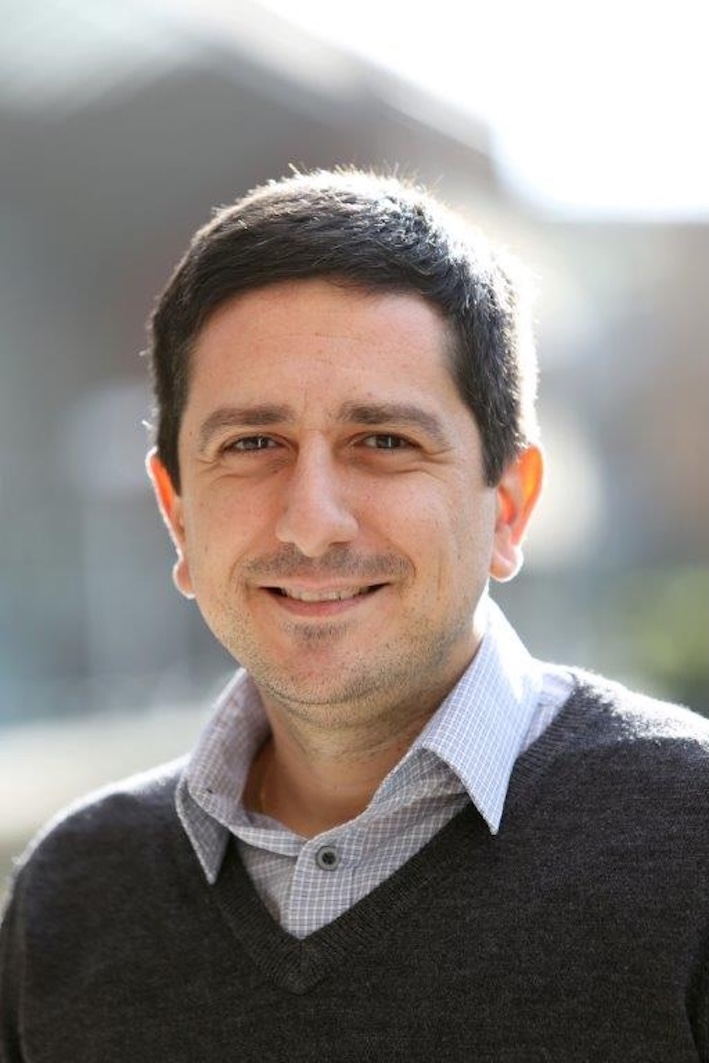
Paraskevas Vezyridis is an Associate Professor at the Nottingham University Business School, UK. His research focuses on science, technology and innovation studies of emerging technologies (e.g. big data, AI, biospecimens, informatics and autonomous systems) in healthcare, particularly in the context of national health systems. In 2017, he completed a Marie Sklodowska-Curie Fellowship on the social, technical and ethical challenges of NHS England’s care.data programme for extracting and analysing primary care data. He is also interested in data ethics and scientometrics in healthcare as well as in the use of patient data for immigration enforcement.
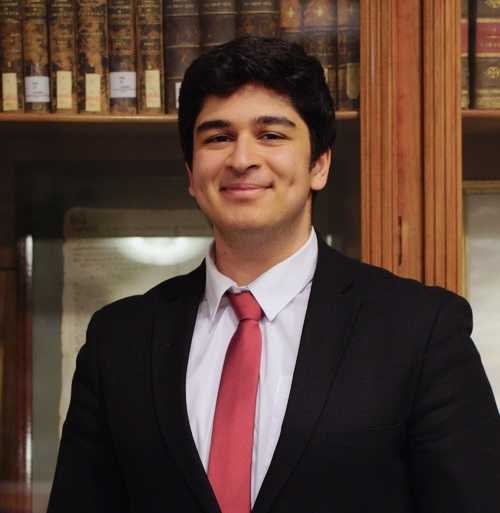
Farid Mahsouli is a law PhD candidate at Radboud University, Netherlands. His research focuses on the EHDS’ provisions on secondary use of data from incorporating law and political economy and STS concepts. He takes a specific interest in the data spaces’ consequences on infrastructural power, notably through big tech lobbying and the development of technical standards. Farid is also affiliated with iHub, the multidisciplinary research center of Radboud University where he works on socio-legal implications of the sharing of health data as part of a collaboration with Radboud University Medical Center.
